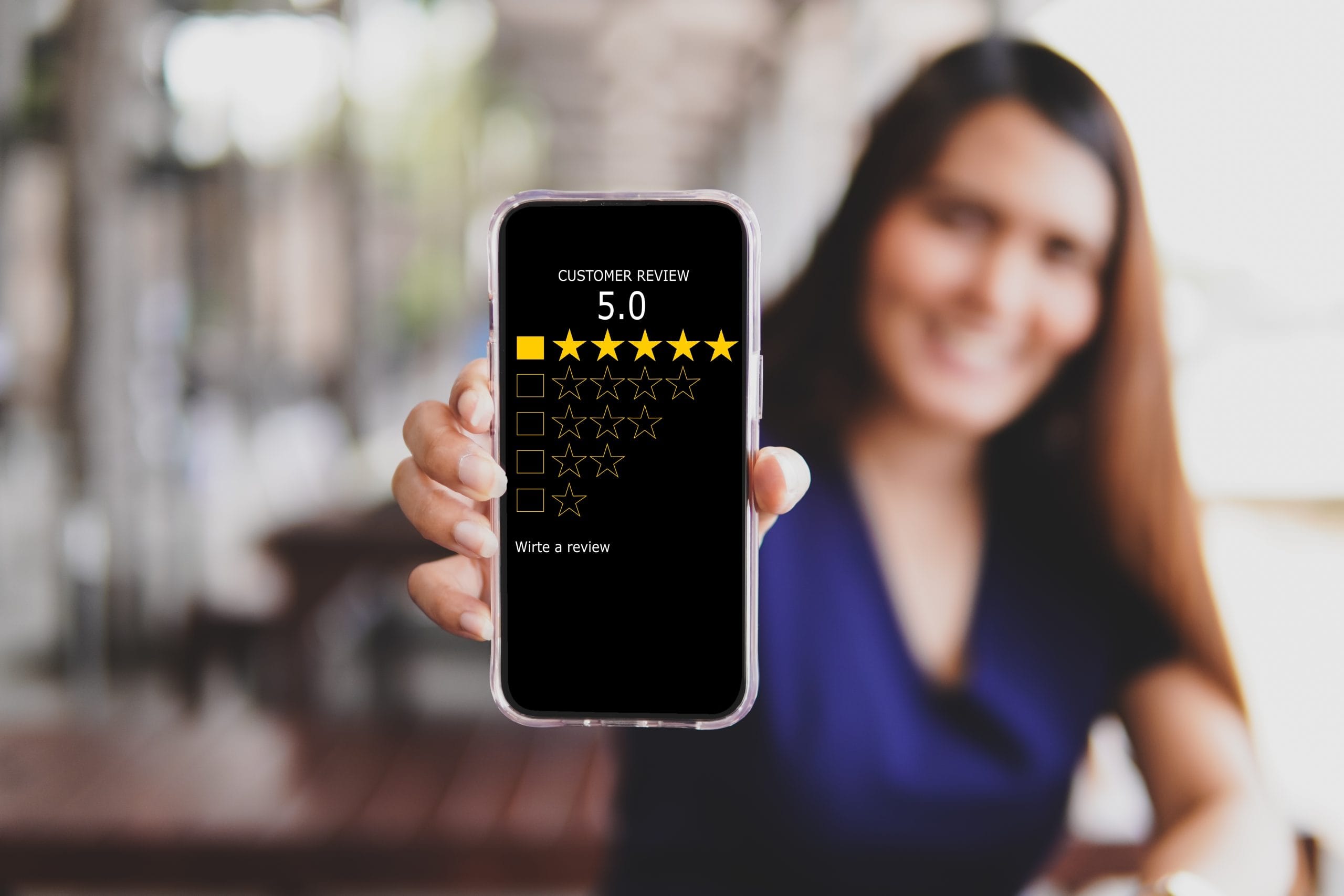


Legal Cannabis Cafes Enter the Retail Market

Legal cannabis has steadily transitioned from the shadows of prohibition to center stage in modern commerce. What began as dispensaries behind security glass is now evolving into something far more immersive: cannabis cafes. These establishments blur the lines between hospitality, retail, and cultural experience. For entrepreneurs and business owners, they represent more than a novelty—they hint at an entirely new sub-sector poised for growth.
Much like the transformation that swept across the specialty coffee industry or the rise of craft breweries, cannabis cafes are tapping into consumer demand for curated, community-driven spaces. The emphasis is shifting away from basic access and toward ambiance, education, and connection. The result is a reimagining of what a cannabis transaction can look like in a legalized environment.
The Legal Landscape Is Catching Up
Several states have already passed legislation to allow on-site cannabis consumption in licensed venues. California, Nevada, Colorado, and more recently, Illinois and New York, have begun rolling out pilot programs or city-specific ordinances. Each jurisdiction has its own regulatory quirks, but the momentum is clear.
Take West Hollywood, for instance, where cannabis lounges such as The Artist Tree and The Woods have combined the appeal of high-end design with responsible on-site consumption. These businesses are shaping the public’s expectations and setting the tone for similar ventures in other states.
For entrepreneurs, navigating the licensing and zoning restrictions requires careful planning and often a willingness to operate in a gray area while the details get ironed out. Still, those who move early often find themselves rewarded with media coverage, brand recognition, and a dedicated customer base.
Hospitality Meets Cannabis
The cannabis cafe model opens up a wealth of possibilities for business professionals looking to apply concepts from traditional hospitality to a new market. From table-side service to chef-curated menus and infused dining experiences, the cafe setting allows for sophisticated pairings of cannabis strains with food, drinks, and even music genres.
This is not the same as a backroom smoking lounge. Brands such as Lowell Farms in West Hollywood have embraced an upscale dining format, where cannabis is presented with the same reverence as a fine wine. Guests can browse a menu with tasting notes and receive guidance from trained staff, similar to the role of a sommelier.
The crossover appeal is obvious: cannabis cafes are attracting culinary entrepreneurs, interior designers, and wellness brands looking for synergistic partnerships. Wellness cafés that offer CBD lattes might now consider branching into THC-infused pastries in states where permitted, tapping into both novelty and lifestyle branding.
Shifting Consumer Expectations
Cannabis consumers today are vastly different from the stereotypical image of the past. They are health-conscious, brand-aware, and often willing to pay more for an elevated experience. They want curated environments where they can learn, socialize, and relax—legally.
Cafes offer an opportunity to meet those expectations while also educating customers. For newcomers, navigating edibles, topicals, and strains can be overwhelming. A well-trained staff in a relaxed environment offers a chance to learn about dosage, terpenes, and product sourcing without the pressure of a fast-moving retail line.
Additionally, cannabis cafes often host workshops, live music events, and educational sessions, further reinforcing their role as community hubs. This creates repeat business and brand loyalty—two ingredients essential to long-term success in any industry.

Operational Challenges and Barriers
That said, launching a cannabis cafe is far from turnkey. Entrepreneurs must navigate a complex mix of municipal, state, and sometimes federal considerations. These include licensing, odor mitigation, ventilation, waste disposal, and strict rules around food handling when THC is involved.
Financial services also remain a hurdle. Many cannabis-related businesses struggle with traditional banking relationships due to federal restrictions. Some cafes have found creative ways to manage transactions through partnerships with local credit unions or digital wallets, but this continues to be a pain point across the industry.
Then there is the question of scalability. While a boutique cannabis café might flourish in Los Angeles or New York City, replicating the model in smaller markets or more conservative states requires a different approach. Local advocacy, community engagement, and partnerships with hospitality veterans are often necessary to overcome stigma and resistance.
Who’s Getting Involved?
The cannabis café space has attracted a wide range of players, from entertainment moguls to hospitality groups. The Woods is backed by actor Woody Harrelson, whose celebrity cachet has drawn significant attention. Meanwhile, Cannabis Supper Club offers high-end, invite-only infused dining experiences that cater to influencers and wellness advocates.
Outside of California, businesses such as NuWu Cannabis Marketplace in Las Vegas offer a sprawling retail and consumption space managed by the Las Vegas Paiute Tribe. It is among the largest legal cannabis retail locations in the country and features a tasting room that has become a draw for tourists.
What these examples show is that cannabis cafes are not only viable—they are desirable. They attract press, investors, and partnerships. More importantly, they help normalize cannabis in a way that sterile dispensaries do not.
Design, Branding, and the Customer Journey
For business professionals considering entry into the space, design matters. The most successful cafes pay close attention to lighting, acoustics, furniture, and flow. Customers should feel relaxed but also stimulated—interested in the product but not overwhelmed.
Branding also plays a critical role. Some cafes lean heavily into modern minimalism, while others opt for retro vibes or high-end sophistication. Either way, the branding must resonate with the target demographic and communicate both compliance and culture.
Packaging, menus, staff attire, and even scent branding can be leveraged to create a unique environment. This is where lessons from the hospitality industry prove valuable. Much like a boutique hotel or craft cocktail bar, cannabis cafes benefit from attention to every detail of the guest experience.
Opportunities for Ancillary Businesses
The cannabis café ecosystem does not end with the café itself. There are significant opportunities for service providers, tech companies, and product suppliers. Interior design firms that specialize in regulated environments, HR platforms tailored to cannabis compliance, and even scent control companies all find a role in this evolving niche.
Additionally, entrepreneurs can explore white-label product development, delivery partnerships, event services, and loyalty programs tailored specifically to the cannabis hospitality model. With new cafes launching, the demand for point-of-sale systems, staff training modules, and insurance products is rising.
Legal professionals, too, have carved out niches in cannabis licensing, IP protection, and regulatory advisory services. For those with expertise in food and beverage compliance, the crossover into THC-infused consumables presents a fresh client base.
Cultural Shift or Passing Trend?
Whether cannabis cafes become a fixture of urban life or remain a niche offering will depend on how well they adapt to consumer feedback and regulatory changes. But the early signs are promising. These venues offer more than convenience—they create space for conversation, discovery, and relaxation, all centered around a once-taboo plant that is now part of mainstream commerce.
They also represent a shift in the cannabis narrative. No longer just about access, today’s market is about how cannabis fits into people’s lifestyles—how it complements a morning routine, a night out, or a creative afternoon. The café model fits that narrative perfectly.
The influence of these spaces may stretch far beyond cannabis, potentially impacting hospitality, wellness, and even real estate. Developers and landlords are starting to consider whether cannabis consumption lounges can become anchors in mixed-use spaces, drawing foot traffic and complementing neighboring tenants.
Final Thoughts
Legal cannabis cafes are more than just a business trend—they are reshaping how consumers engage with cannabis and redefining what retail can be. For entrepreneurs with experience in hospitality, food service, or wellness, the opportunity to build something distinctive is real. While the path is not without challenges, the reward lies in creating immersive spaces that welcome curiosity, conversation, and culture.
As legalization continues to evolve, those willing to innovate—both in concept and execution—may find themselves at the forefront of an entirely new type of commerce.





